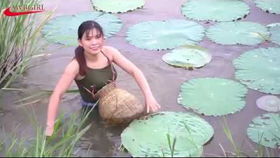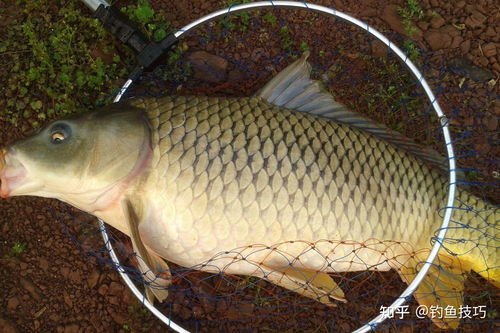
Content:
Fishing is an art that requires patience, skill, and a deep understanding of the water and the fish you're trying to catch. One of the most critical skills in fishing is the ability to quickly and efficiently reel in your catch. Whether you're a seasoned angler or a beginner, mastering the art of quick rod reeling can significantly enhance your fishing experience. In this article, we'll delve into the essential techniques to help you become a pro at reeling in your杆子 with speed and precision.
Understanding the Basics of Reeling
Before we dive into the techniques, it's important to understand the basics of reeling. Reeling is the process of winding the line back onto your fishing rod after a fish has taken the bait. The goal is to bring the fish closer to the boat or shore without causing too much stress or strain on the line or the fish itself.
The Right Equipment
The first step to mastering quick rod reeling is to ensure you have the right equipment. Here are a few key items to consider:
- Fishing Rod: Choose a rod that is appropriate for the type of fishing you're doing and the size of the fish you're targeting. A lighter rod will be easier to handle when reeling in quickly.
- Reel: Make sure your reel is properly adjusted and in good working condition. A well-maintained reel will help you reel in your catch more efficiently.
- Line: Use a line that is strong enough to handle the fish you're targeting but not so heavy that it slows down your reeling speed.
The Right Grip
The grip you use on your fishing rod can greatly affect your ability to reel in quickly. Here's how to grip your rod effectively:
- Hold the rod with your dominant hand. Place your index finger on the reel's handle and your thumb on the rod's handle.
- Keep your grip firm but not too tight. You want to have enough control to react quickly but also be able to release the rod if necessary.
- Your other hand should be used to steady the rod and apply pressure to the line as needed.
The Quick Reel Technique
Now that you have the right equipment and grip, let's look at the technique itself:
- Start with a Tension: Begin by applying a slight tension to the line. This will help you feel the fish's movements and prevent the line from slipping off the reel.
- Use a Fast, Steady Motion: Once the fish starts to pull, use a fast, steady motion to reel in the line. Keep your wrist and arm moving in a consistent direction to maintain control.
- Be Aggressive but Gentle: While you want to reel in quickly, it's also important to be gentle. Sudden or aggressive movements can spook the fish or cause it to break the line.
- Maintain a Balanced Stance: Stand with your feet shoulder-width apart and bend slightly at the knees. This will give you a stable foundation for quick movements.
Practice Makes Perfect
Like any skill, quick rod reeling takes practice. Here are a few tips to help you improve:
- Practice on Land: Before you hit the water, practice your reeling technique on land. This will help you get a feel for the motion and build muscle memory.
- Vary Your Speed: Practice reeling at different speeds to get a sense of how to adjust your technique for different fish and situations.
- Use a Dummy: Tie a weighted object to the end of your line and practice reeling it in. This will help you get a feel for the resistance and how to manage it.
Safety First
Always prioritize safety when fishing. Here are a few safety tips to keep in mind:
- Be Aware of Your Surroundings: Pay attention to your surroundings to avoid obstacles or other anglers when reeling in.
- Use Caution with Sharp Objects: Be careful with hooks, lures, and other sharp objects that could cause injury.
- Know Your Limits: If you feel like you're losing control of the situation, don't hesitate to let the fish go or seek help from another angler.
In conclusion, mastering the art of quick rod reeling is a valuable skill for any angler. By using the right equipment, grip, and technique, you can enhance your fishing experience and increase your chances of a successful catch. Remember, practice makes perfect, so don't be afraid to experiment and refine your technique. Happy fishing!












